~たことにする a pattern used to intentionally make a false statement about something in the past: “not actually ~ but I will pretend ~.”
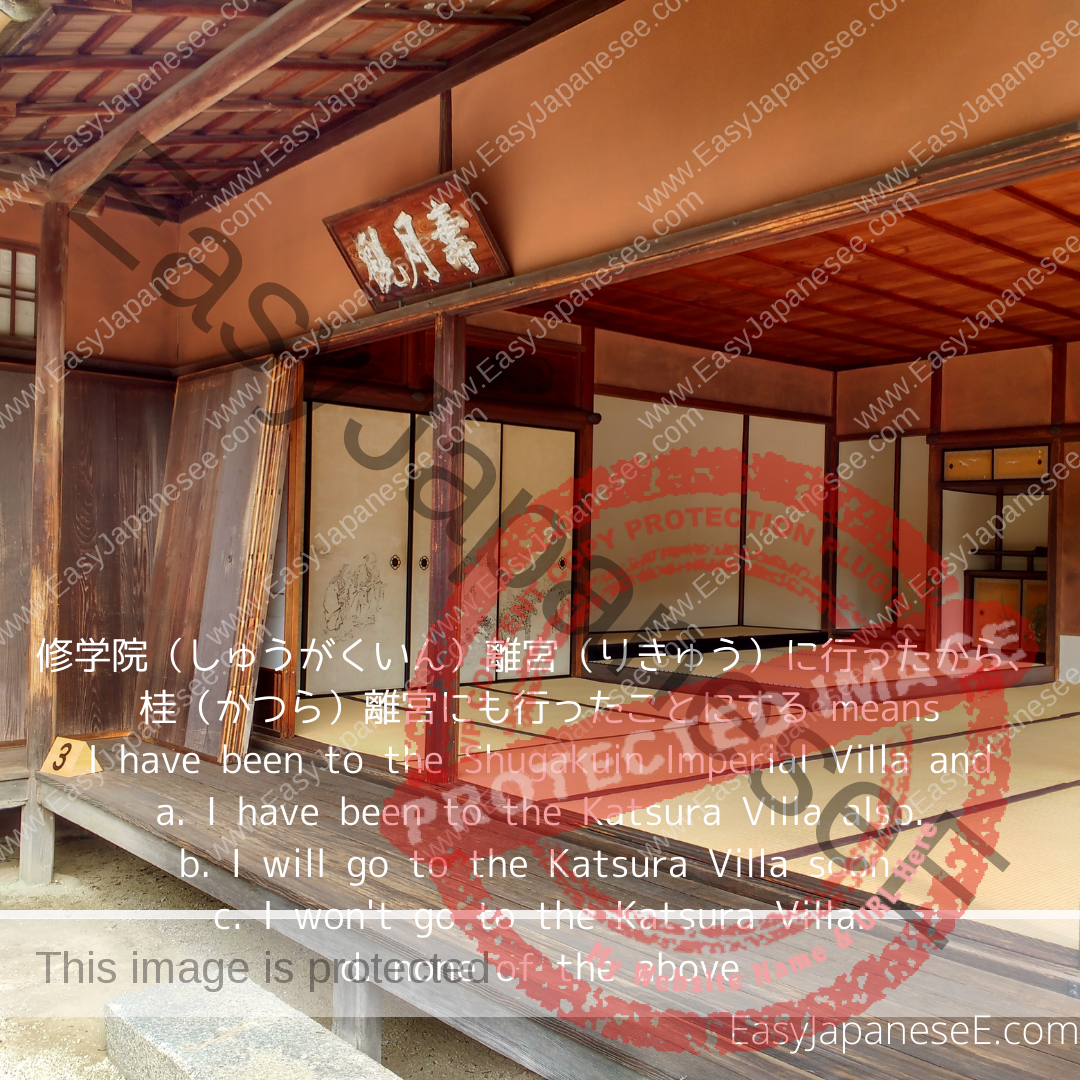

~たことにする a pattern used to intentionally make a false statement about something in the past: “not actually ~ but I will pretend ~.”
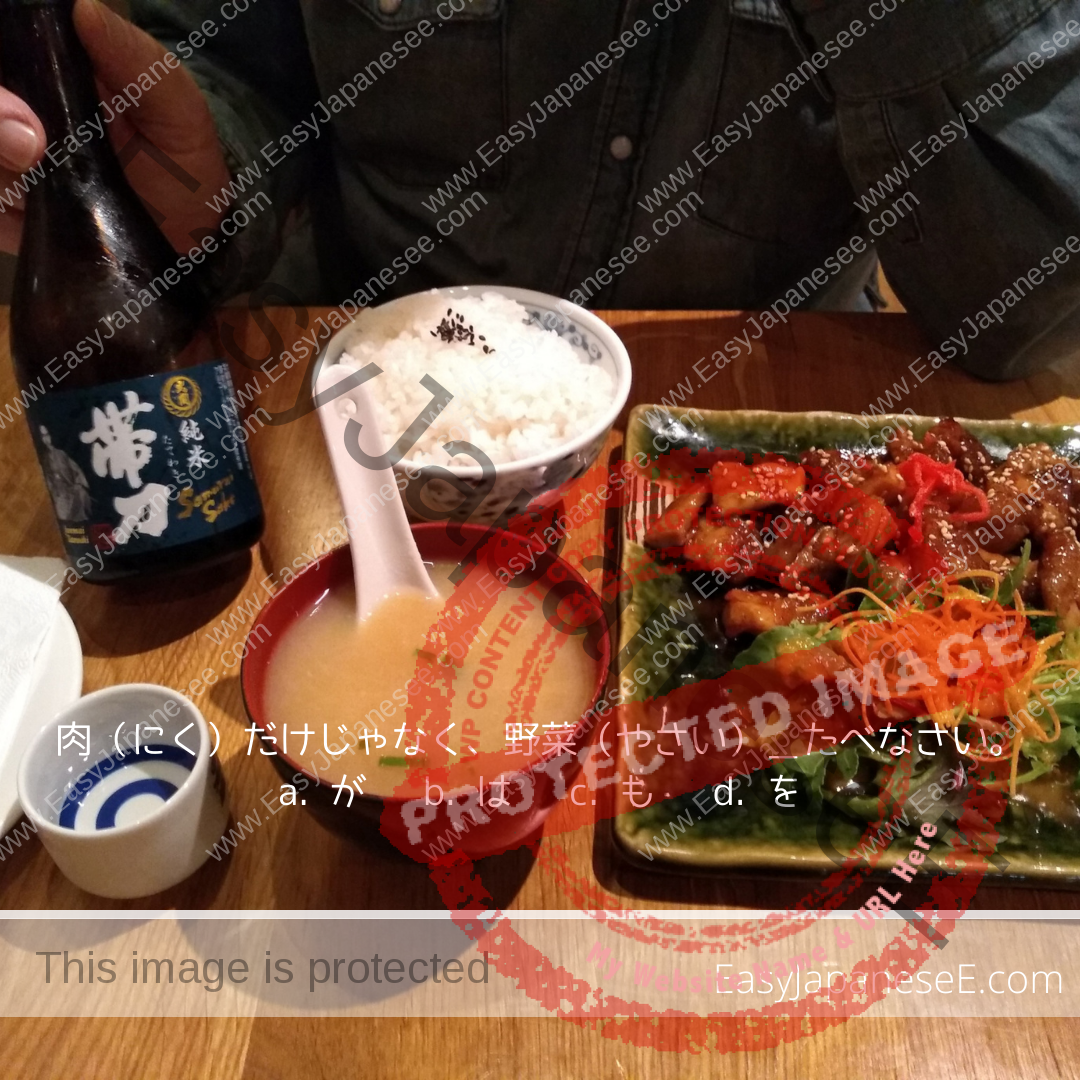
~だけじゃなく (casual) / ~だけでなく (formal) means “not only ~” so inevitably a “but also” part which is indicated with the particle も follows.
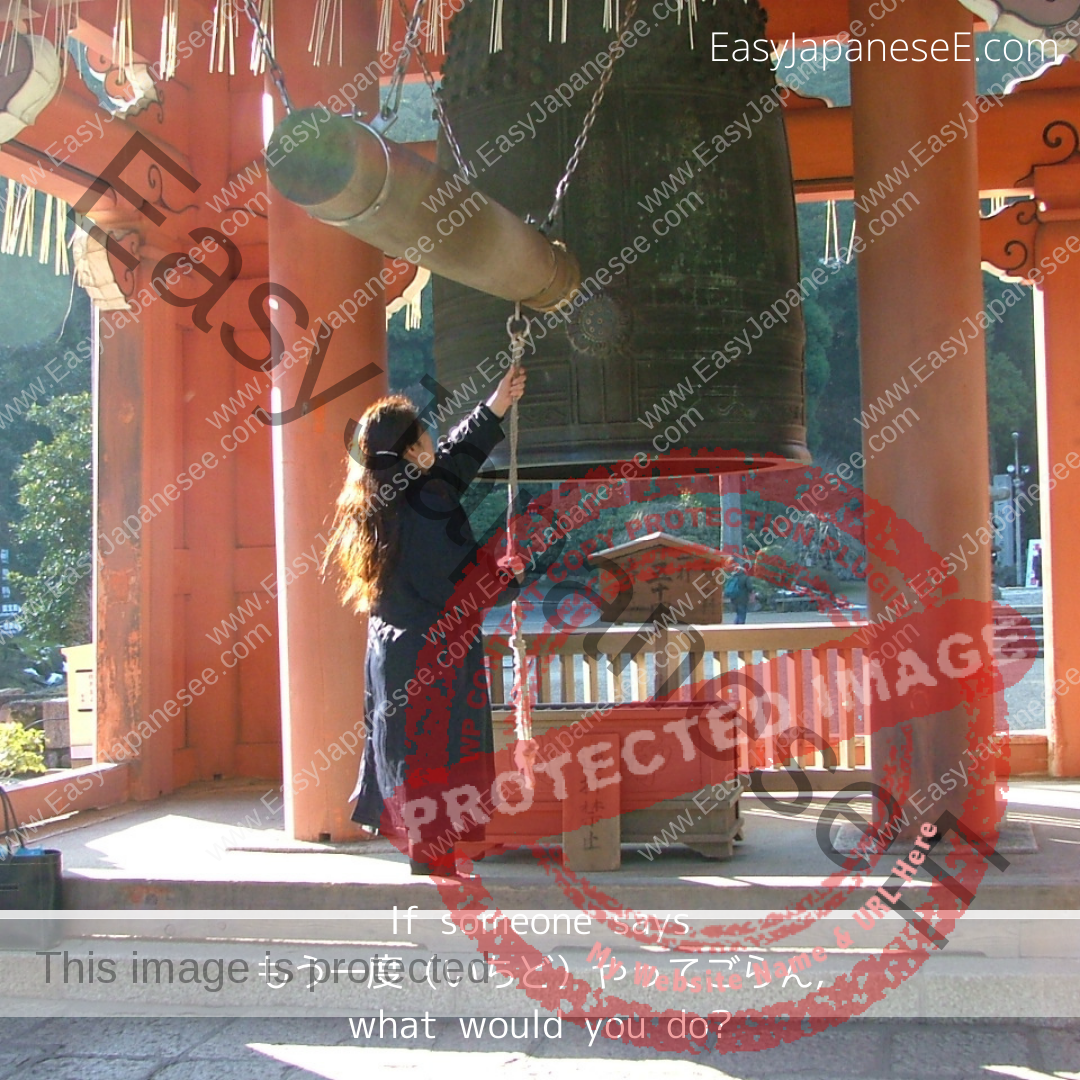
~てごらん or ~てごらんなさい is a gentle way to suggest an action to somebody who is junior to you such as your children, students, etc.
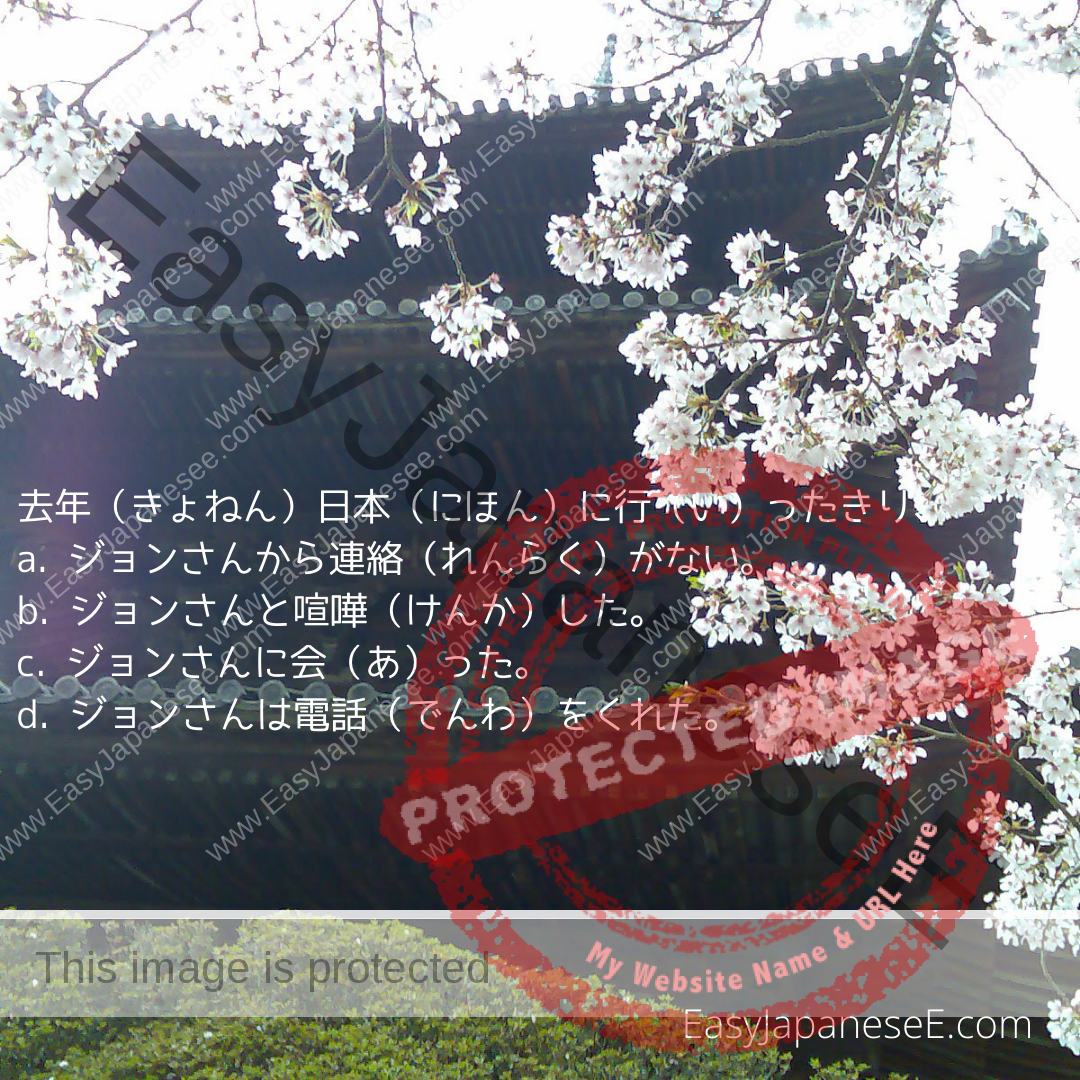
~たきり・・・(ない) means after the action of the たform verb is completed the condition described in the second half of the sentence is continuing.
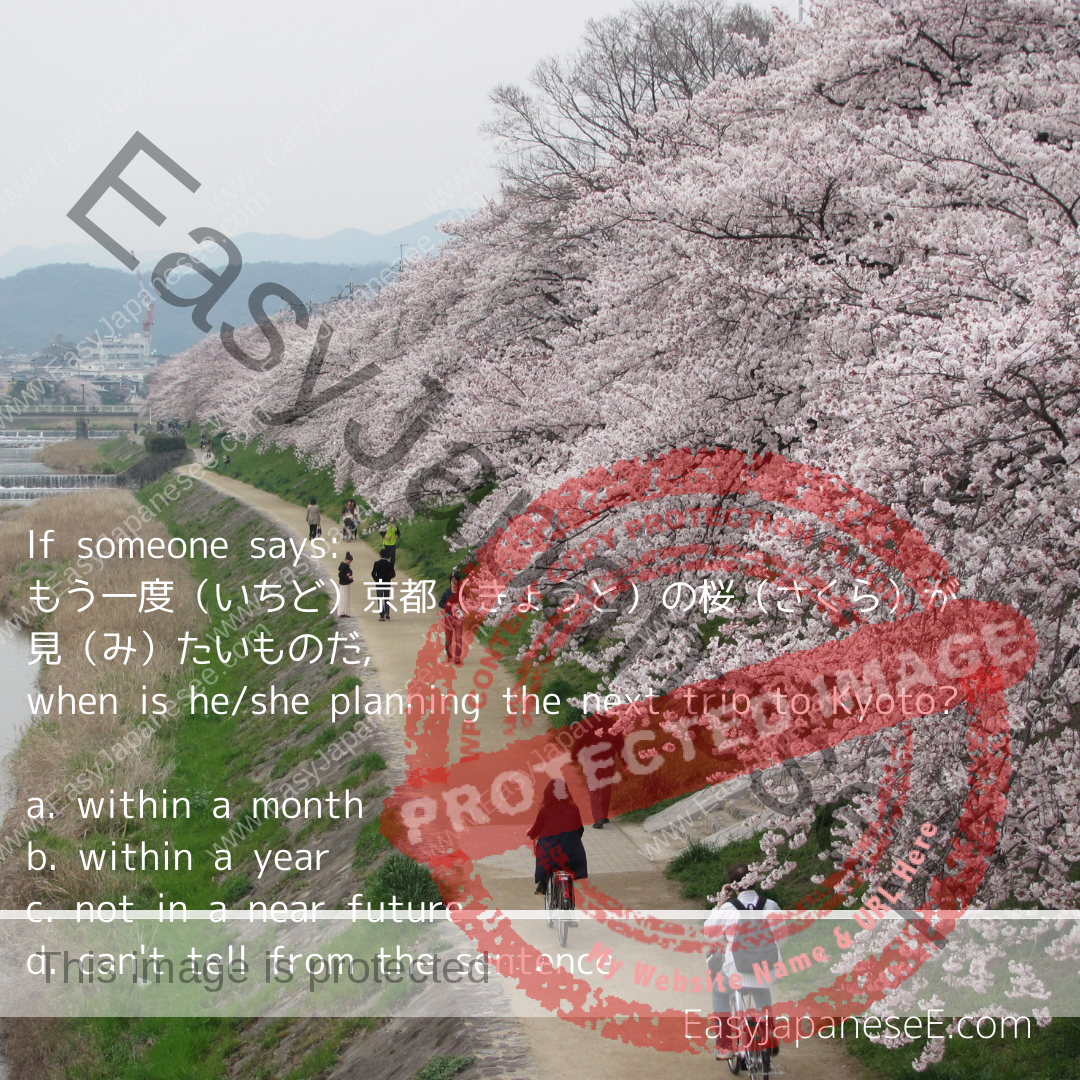
~たいものだ/~たいものです is a variation of ~たい(です) but it is used for a wish that is difficult to fulfill or something you have longed for for a long time.
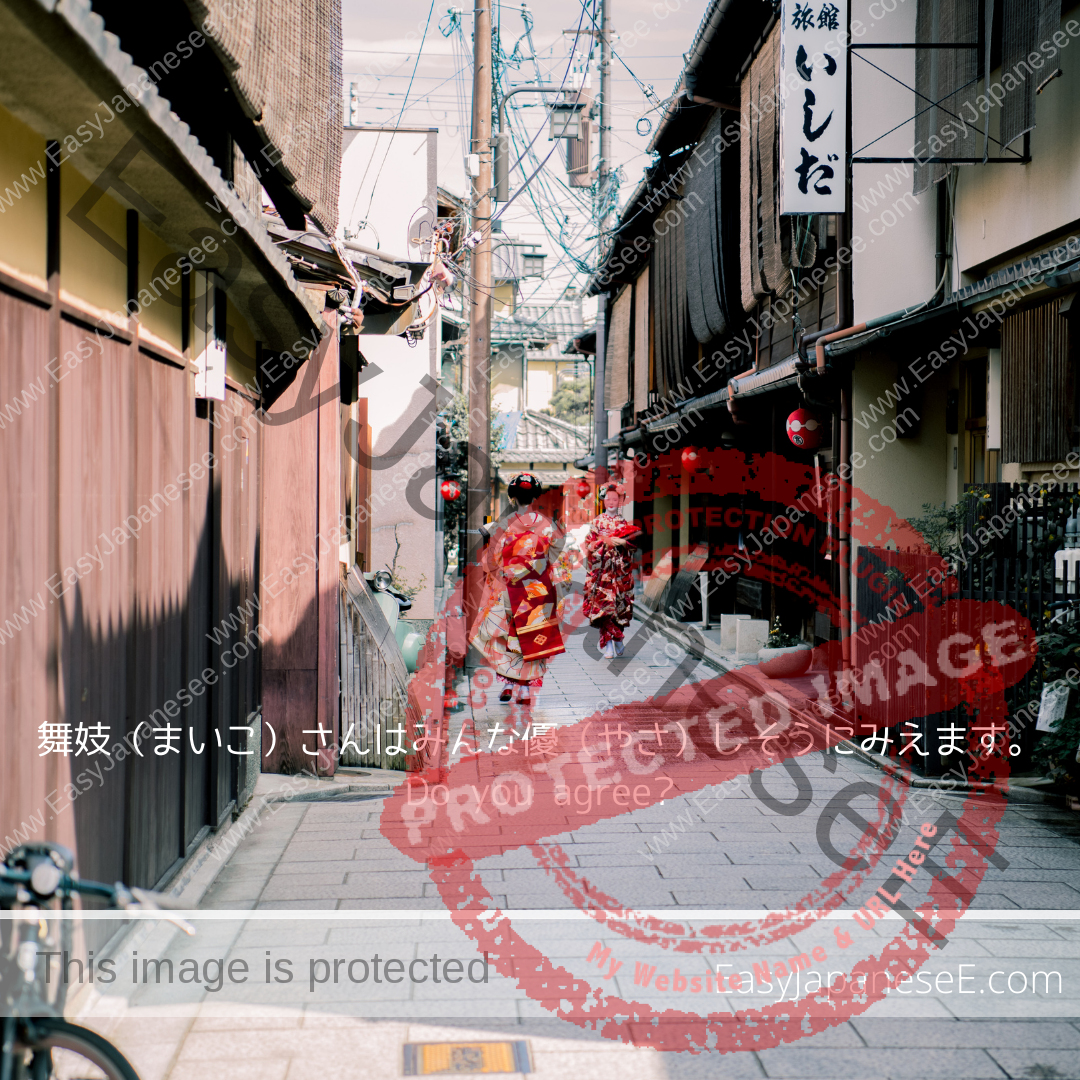
~そうにみえる is used to describe your own opinion based on the appearance of somebody else or an external condition. Check more example sentences here.
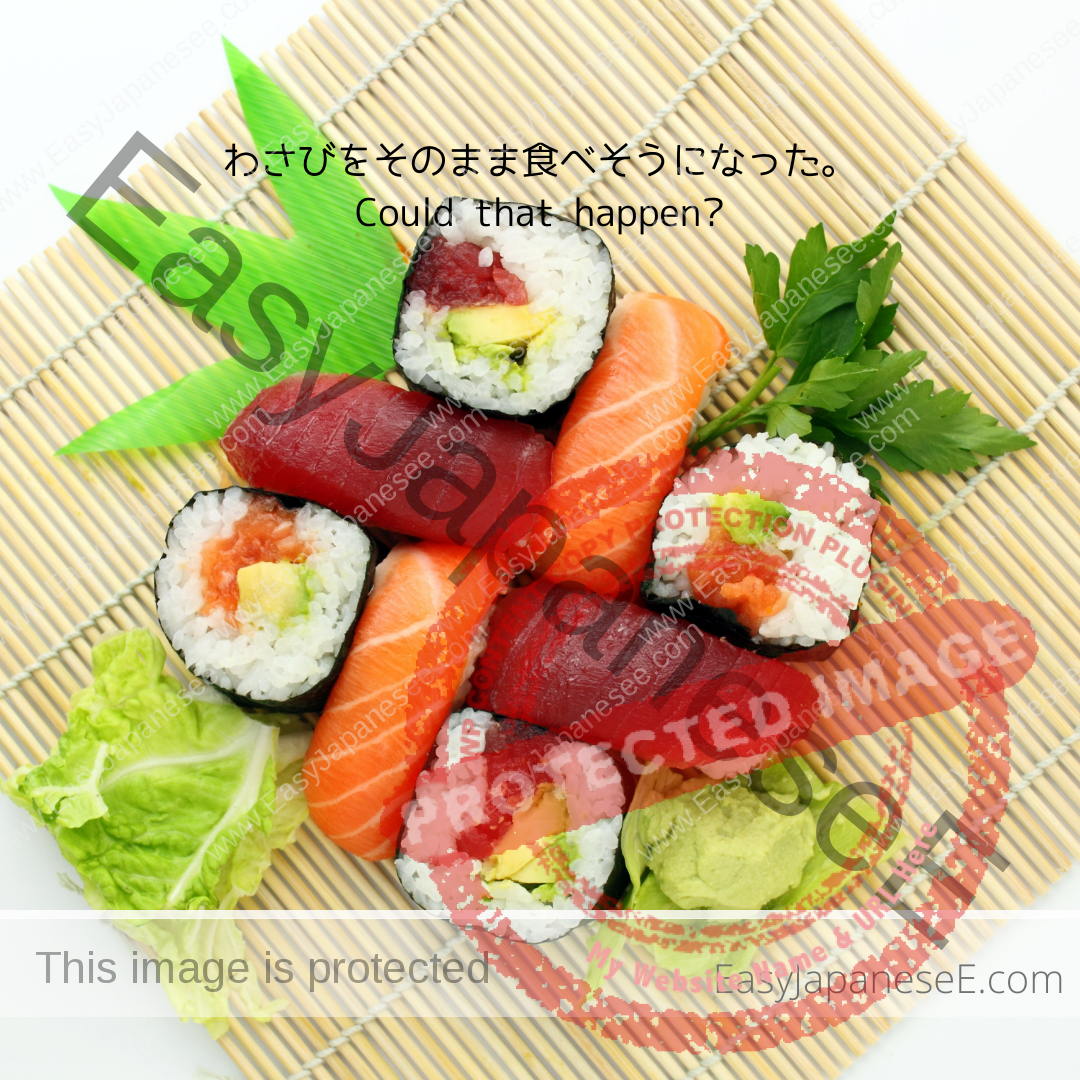
~そうになる is used when something out of a speaker’s control is about to happen. It is often used in the past tense to describe something that almost happened.

~そうにない, ~そうもない and ~そうにもない are used when you describe something that is unlikely to happen. This post explains how to use them and subtle differences among them
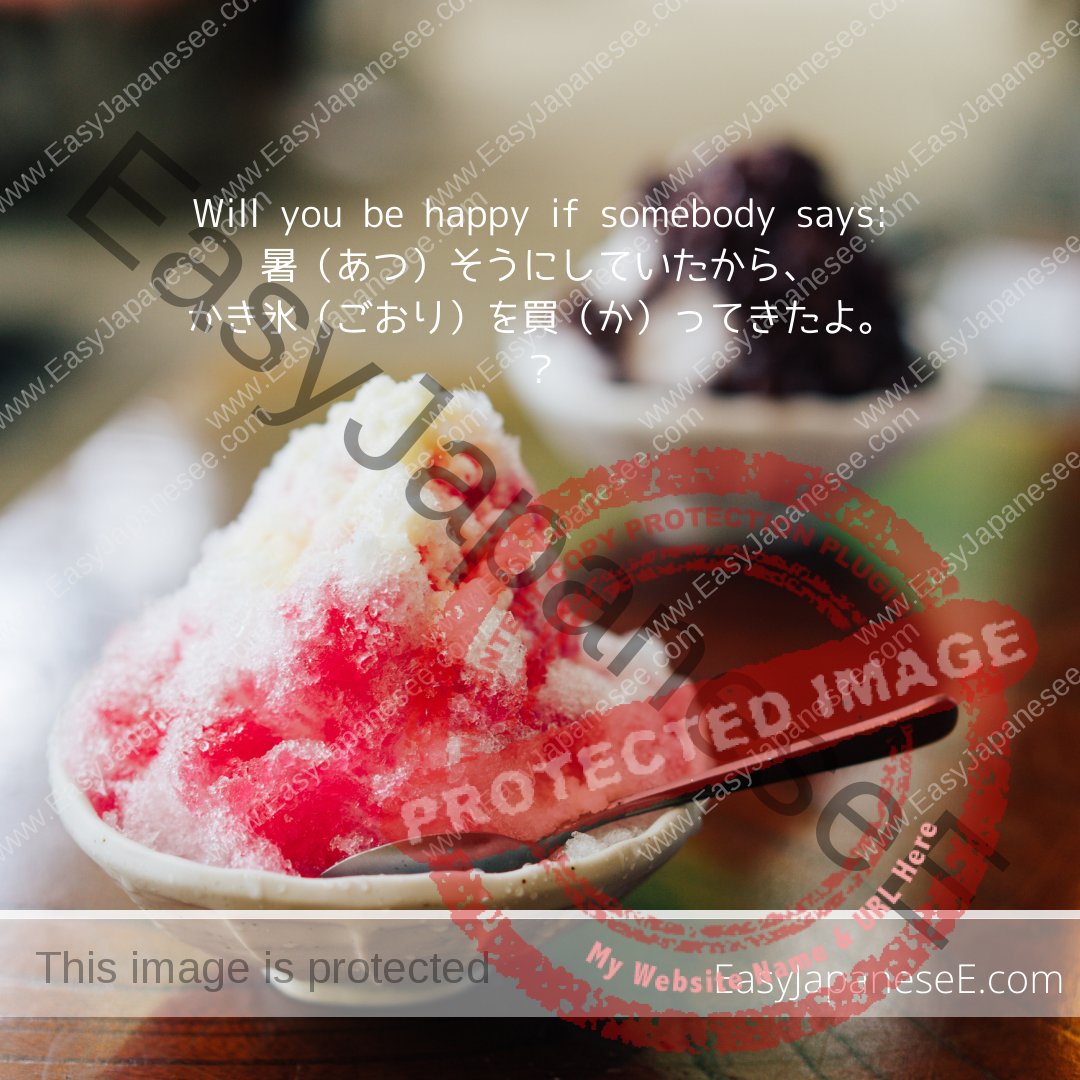
~そうにする/~そうにしている means “to look ~” or “to seem ~”. ~そうにする/~そうにしている follows an adjective stem which describes a person’s feeling or sense.
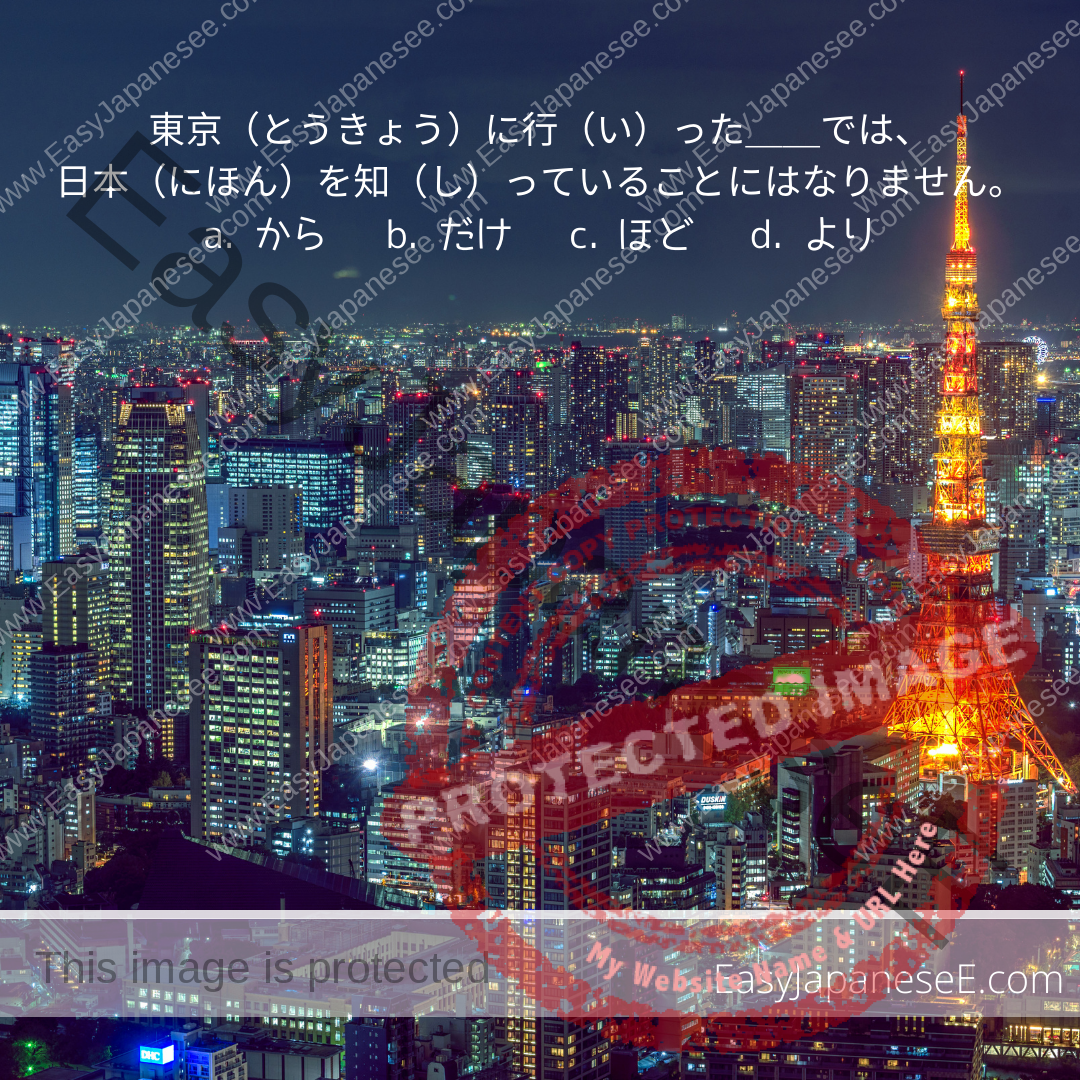
~だけでは…ない is an expression for saying ~ is not sufficient to get an expected result. A potential (form) verb is often used in the latter half.
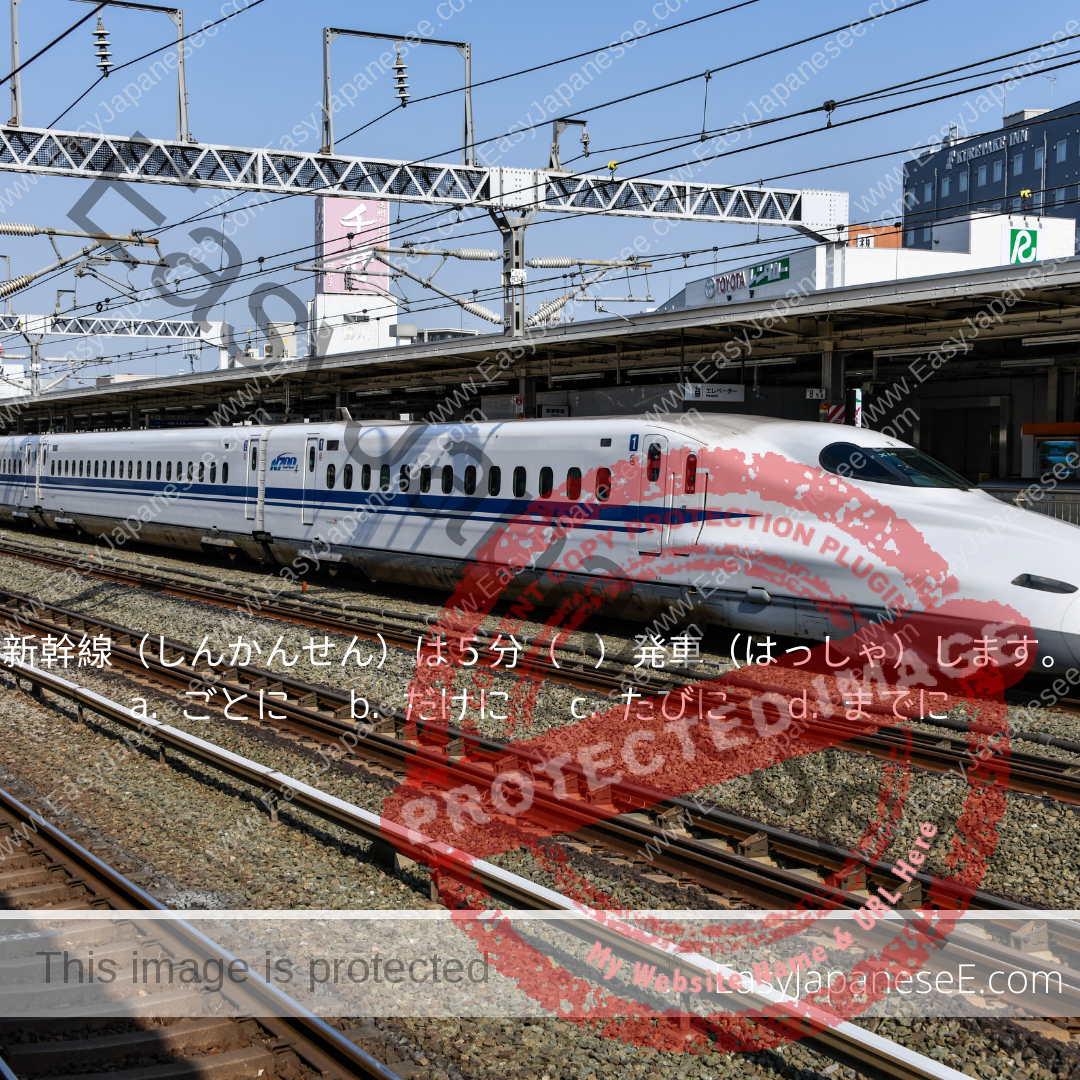
~ごとに follows a noun or a dictionary form verb and means “every ~” or “every time ~.” Differences between ~ごとに and ~たびに are explained at the bottom of this page.
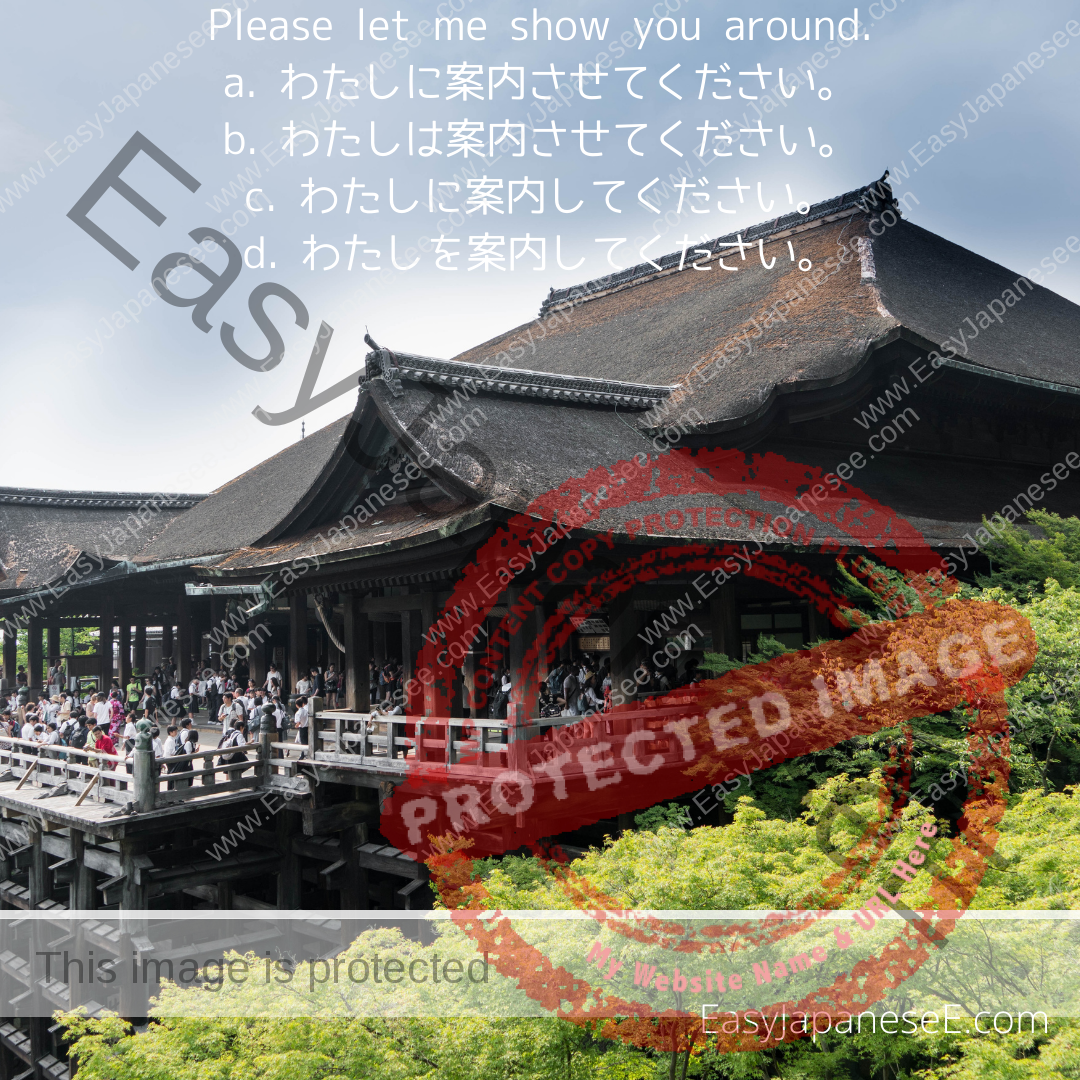
~させてください is used when you are asking for permission, “Please let me ~.” ~させてくださる is to express gratitude to someone for letting me do ~.

~させていただく/させていただきます is a humble, very peculiar way of talking about your action. See more examples to learn this pattern here.
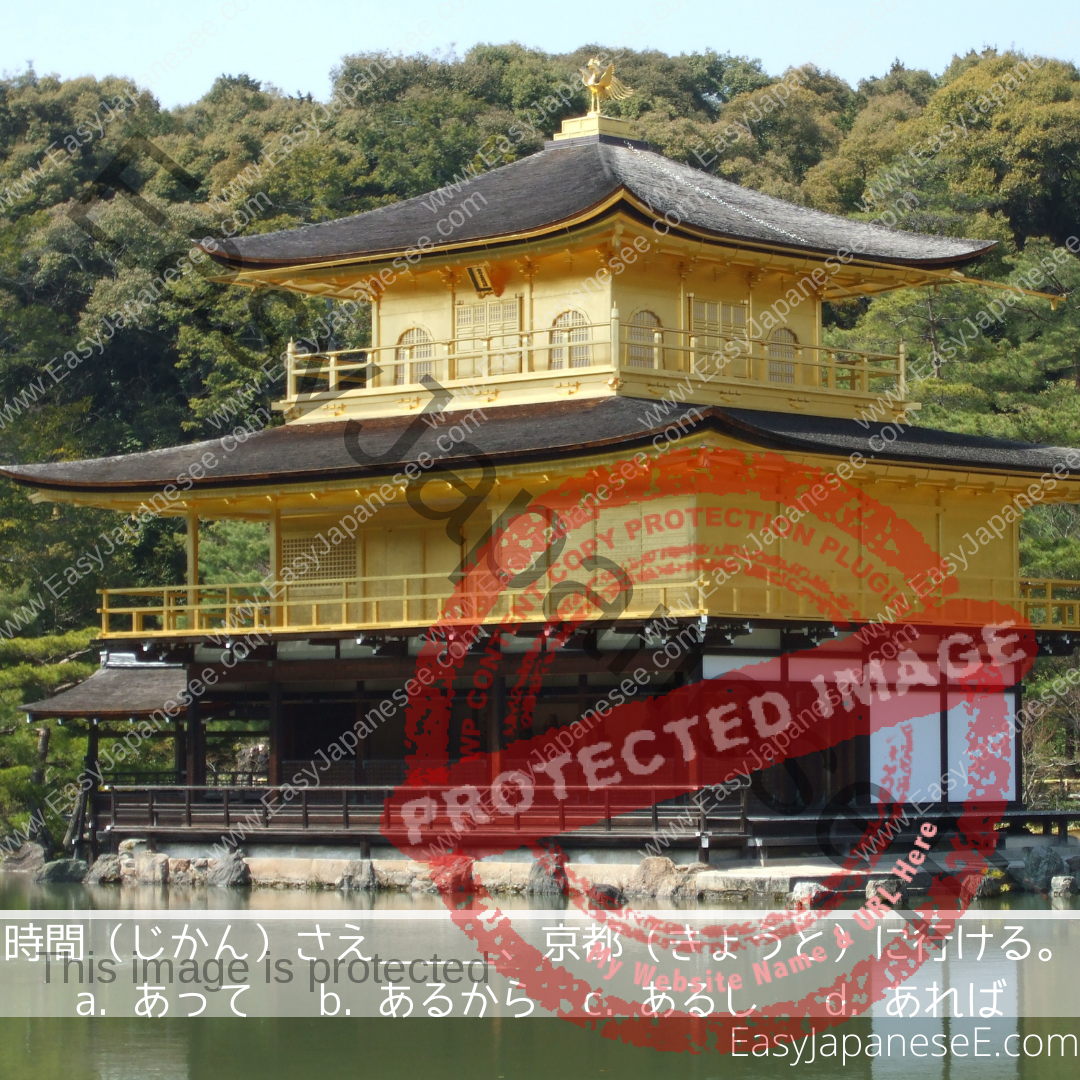
~さえ・・・ば、—。 is an expression that is used when just one thing is missing from fulfilling a condition. From that, it can mean “if only ~” or “As long as ~.”
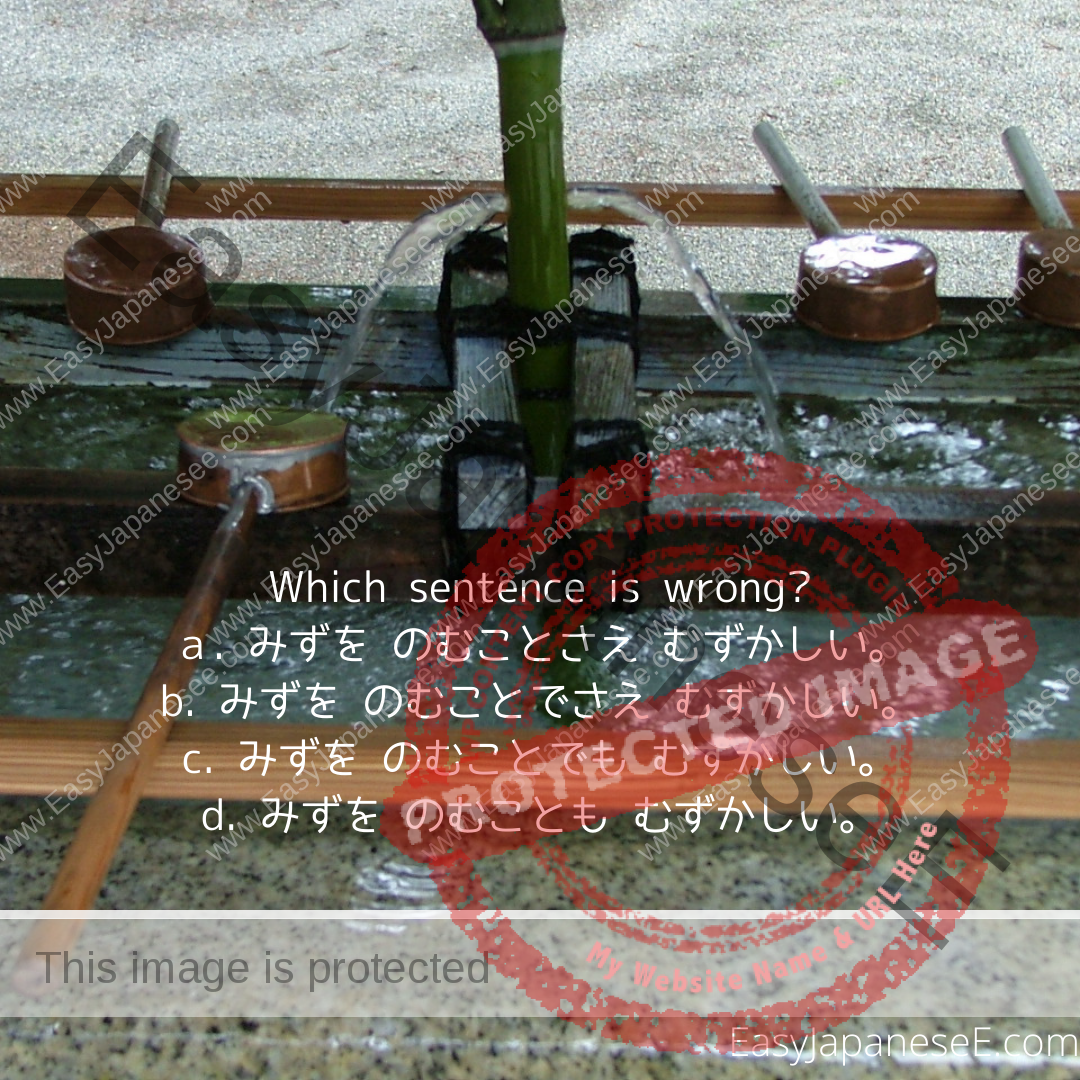
~さえ is often used to mention an extreme example so that people can guess the rest of the situation. Check the usage and more examples.
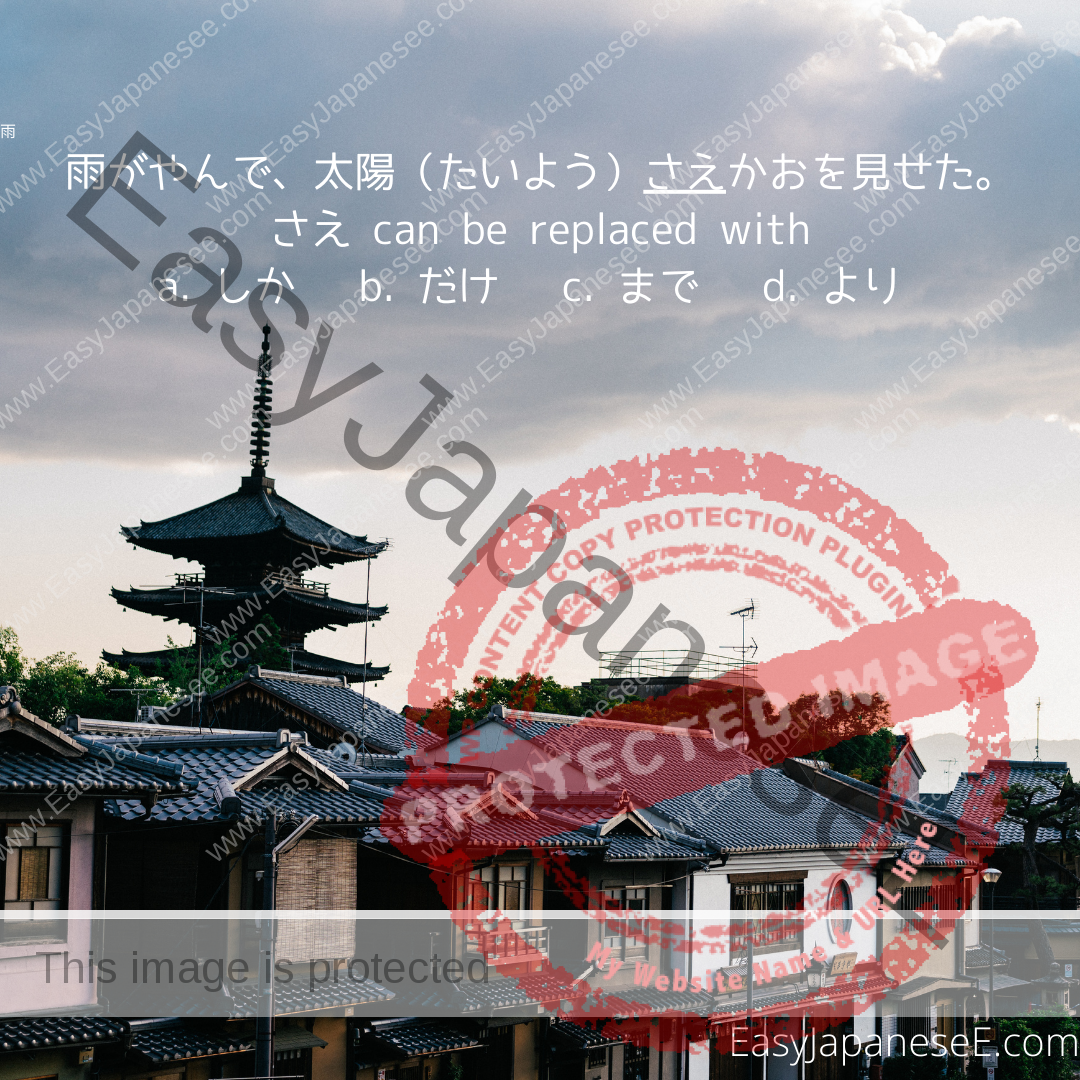
~さえ has 3 meanings. Today’s post talks about さえ which is used for accumulation. Check the usage with these examples.
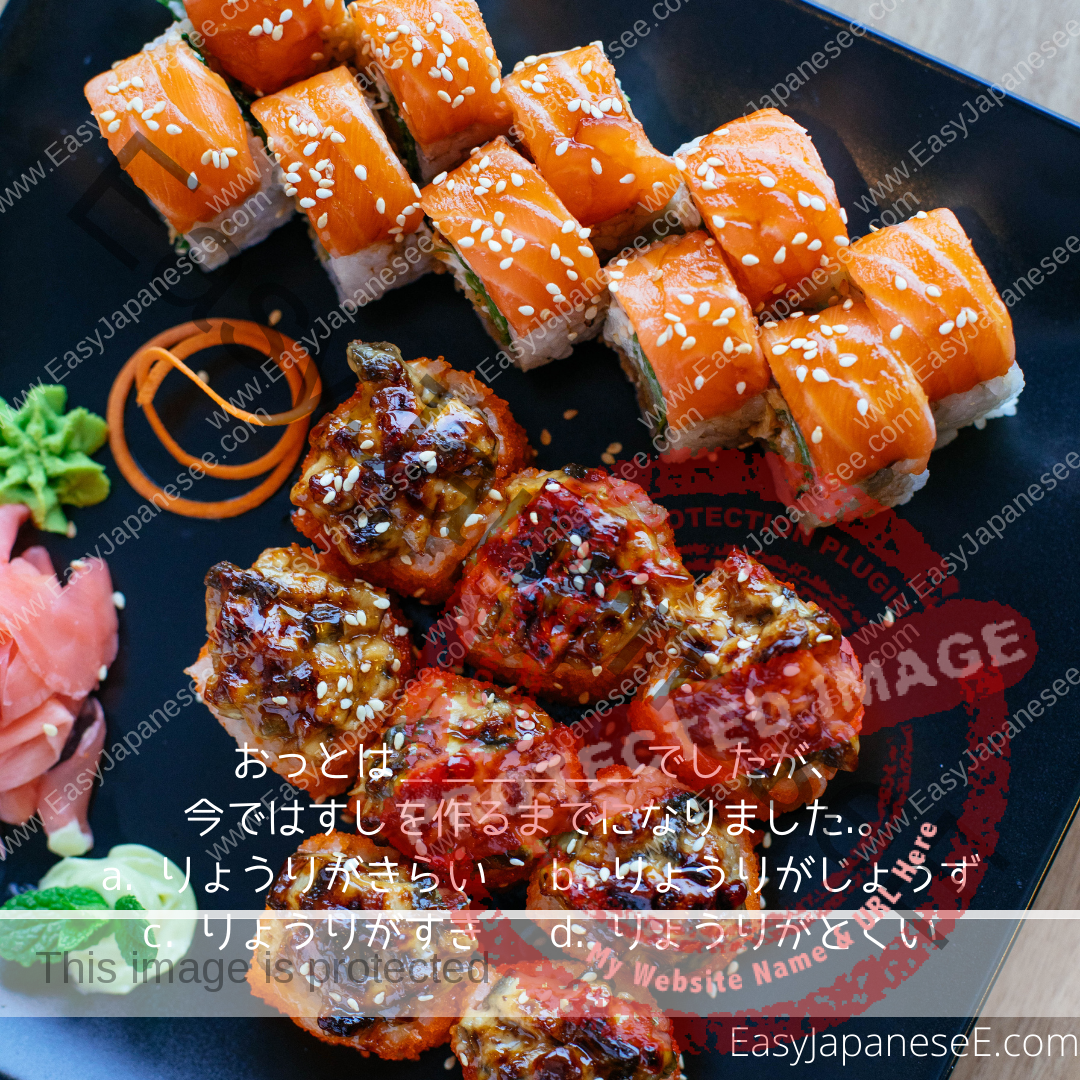
~まで is usually introduced as the end point marking particle but ~まで is also used as a limit marker and a particle to emphasise the extreme nature of a situation
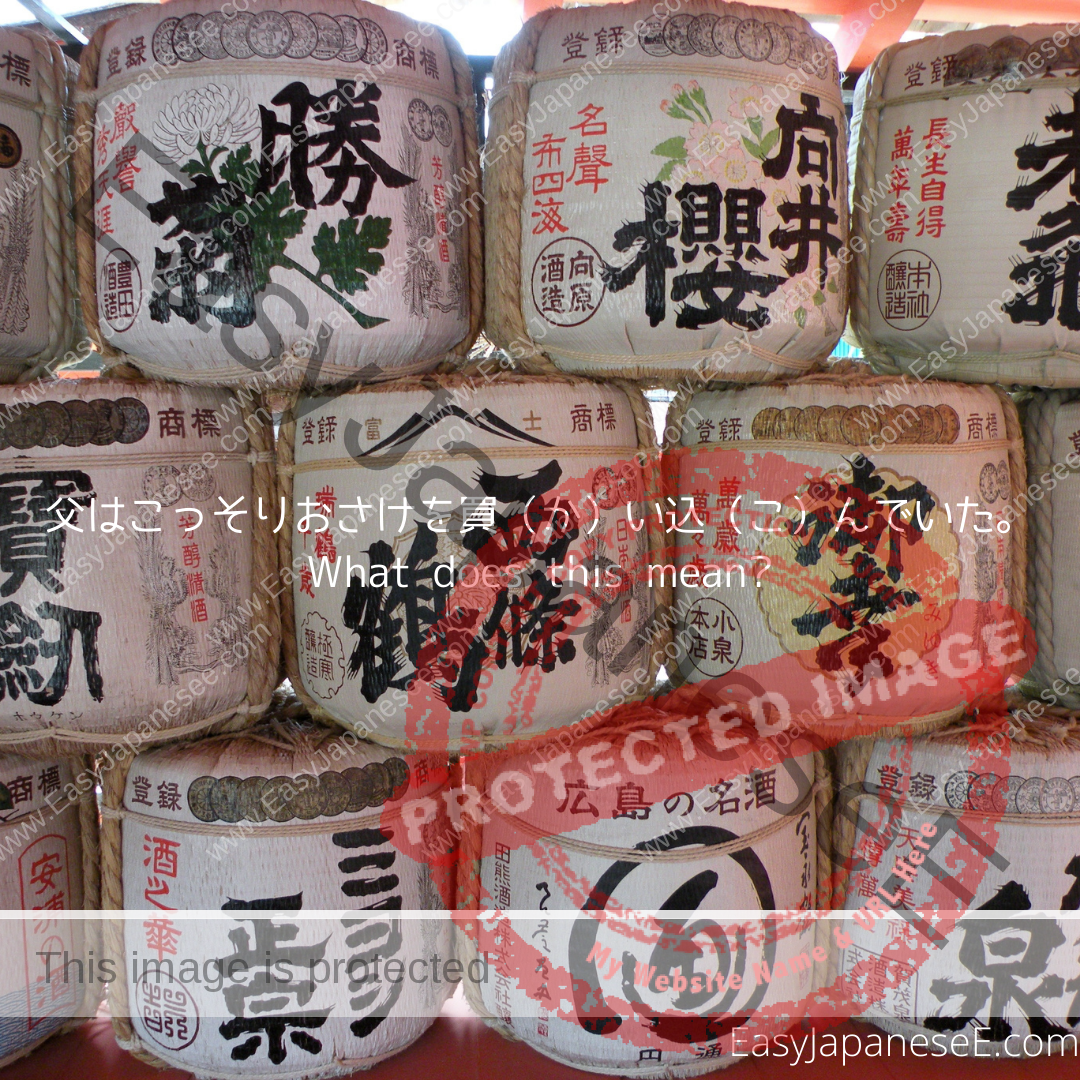
こむ is a verb that has the meaning of “to be crowded” or “to be packed,” but ~こむ is also used as an auxiliary verb that follows the stem of a verb.
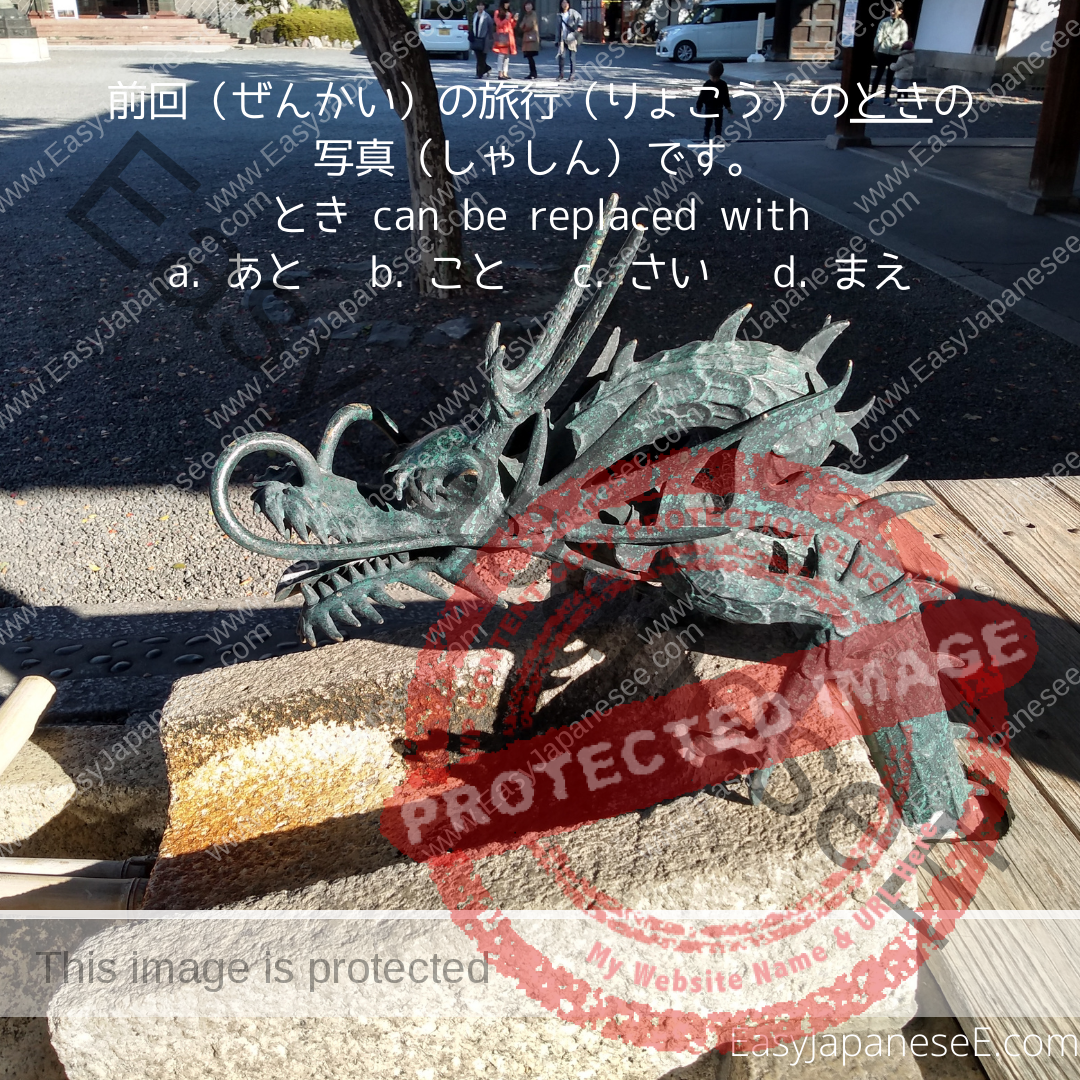
~さい is a very formal alternative for ~とき, which can be translated as “when ~” or “at the time when ~.” ~さい is often used with in an honorific expression.
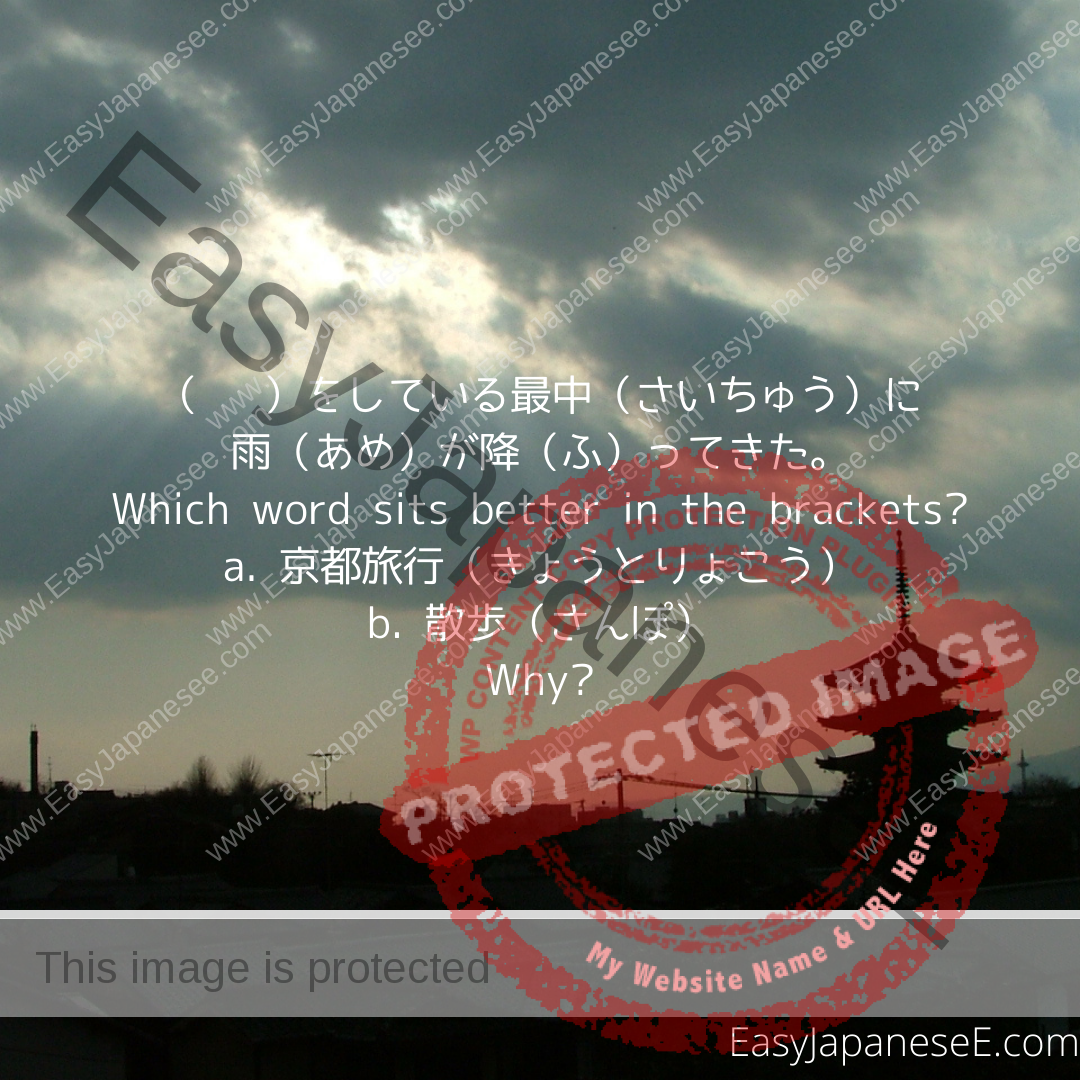
~さいちゅう means “middle of ~” and often used in a rather negative situation where something (usually unexpected) happened in the middle of something important.
